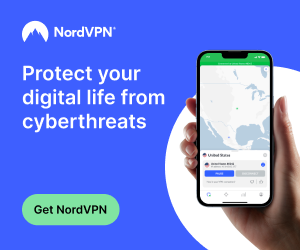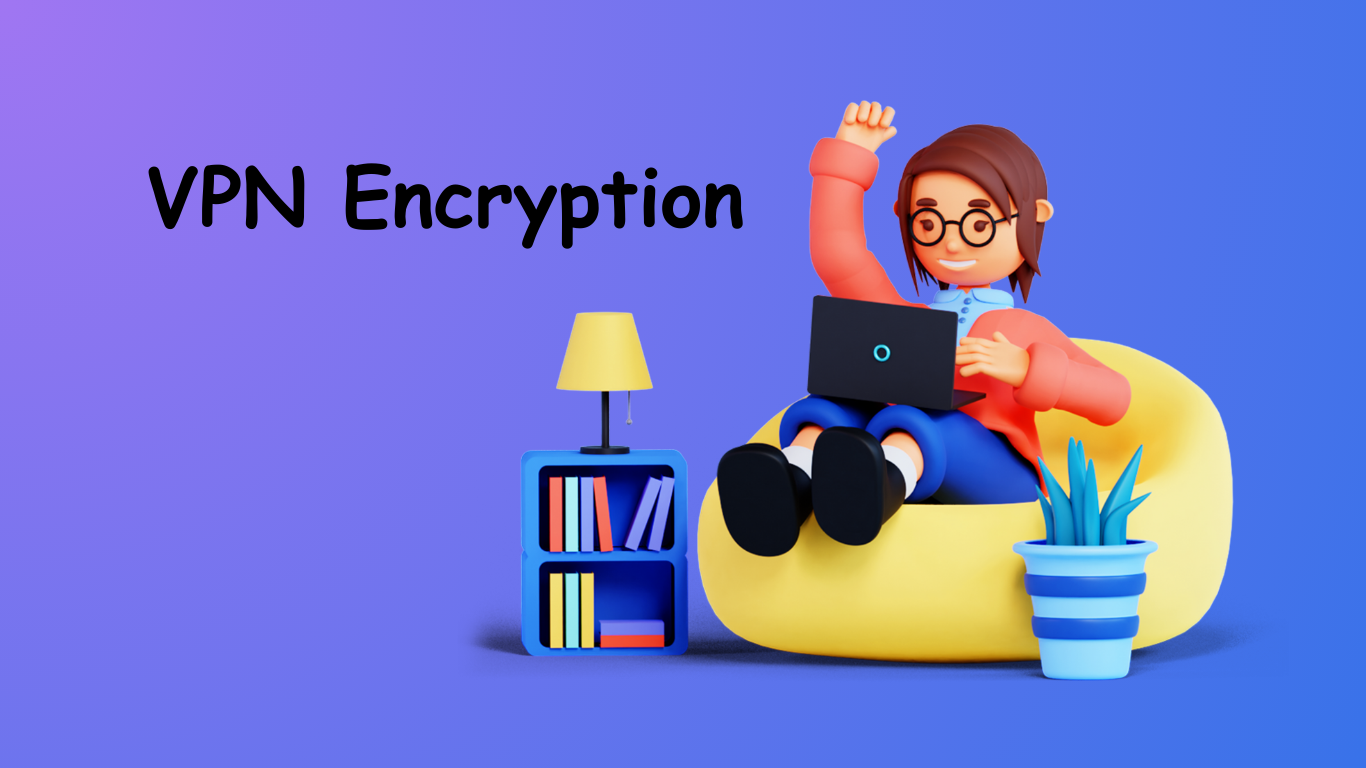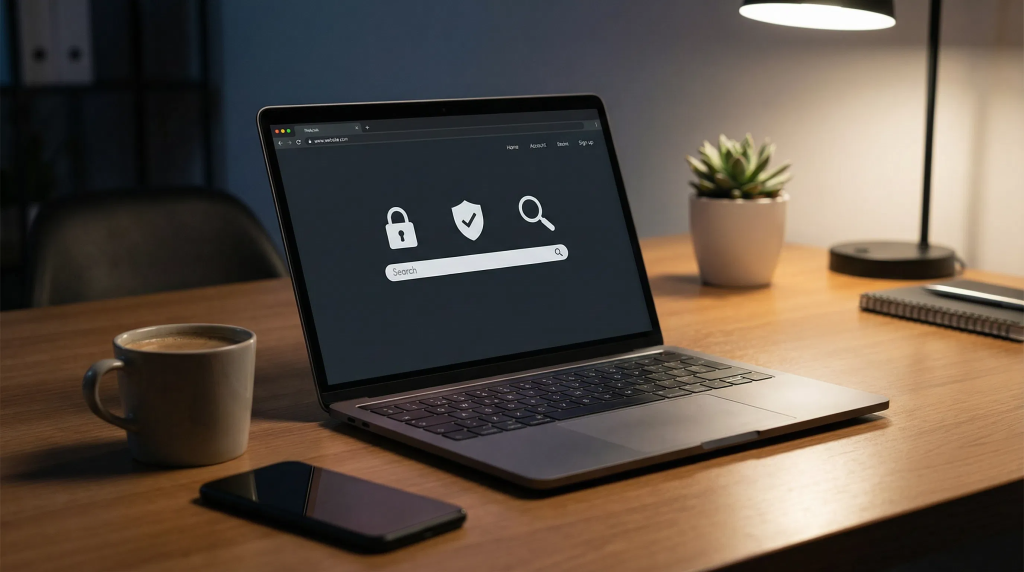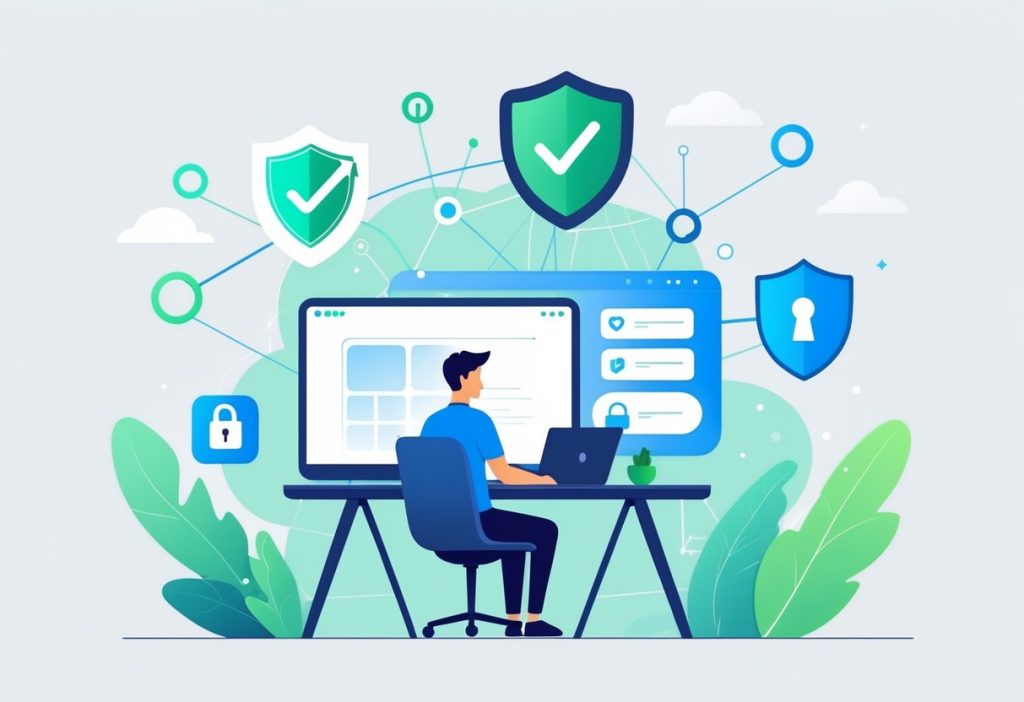From hackers looking to steal personal information to government surveillance programs monitoring online activity, staying safe on the internet has never been more crucial. One of the most effective tools available to protect our digital footprints is a Virtual Private Network (VPN). But how exactly does VPN encryption work, and why is it so essential that most VPN providers will make it clear in their marketing specifications? Let’s break down everything you need to know in a friendly, easy-to-understand guide to VPN encryption.
What Is VPN Encryption?
VPN encryption is the process of encoding the data transmitted between your device and a VPN server. This encryption ensures that anyone attempting to intercept or monitor your internet traffic will see nothing but a scrambled, unreadable mess. Essentially, it makes your online activities invisible to prying eyes, whether those eyes belong to hackers, your internet service provider (ISP), or even government agencies.
The concept of encryption isn’t new. Encryption has been used for centuries, from ancient ciphers to modern-day cryptography. In the digital age, VPN encryption relies on cryptographic protocols, which are sets of instructions that tell the system how to secure and encrypt your data.
When you connect to a VPN, it creates a secure “tunnel” between your device and the internet. This tunnel encrypts all your data, ensuring that it remains private. Without this encryption, your personal data – like login credentials, banking information, and browsing habits – could be exposed to anyone with malicious intent.
How Does VPN Encryption Work?
When you connect to the internet via a VPN, your data doesn’t travel directly from your device to a website. Instead, the VPN encrypts the data on your device and sends it to a VPN server, which then decrypts it before forwarding it to its destination. On the way back, the data gets encrypted again at the server before it reaches your device. This process happens within milliseconds, ensuring a seamless browsing experience while keeping your data safe.
Here’s a simple breakdown of what happens:
- Connection Initiation: You open a VPN app and select a server to connect to.
- Encryption Activation: The VPN encrypts all the data leaving your device (requests for websites, emails, file transfers, etc.).
- Data Transmission: The encrypted data is sent through a secure tunnel to the VPN server, which decrypts it before sending it to the final destination (e.g., the website you’re browsing).
- Response Encryption: Any data coming back to you (website content, downloads) is encrypted by the VPN server before being sent through the tunnel to your device.
- Decryption: Finally, the data is decrypted on your device, allowing you to access the information.
This entire process protects your sensitive data from being intercepted or monitored by third parties.
VPN Encryption Methods and Protocols: A Breakdown
When discussing VPN security, two key components ensure data protection: encryption methods and protocols. Although often used interchangeably, these terms represent different aspects of security. Encryption methods focus on the specific algorithms used to encode your data, while protocols are the rules that determine how data is transmitted and secured over the network. Understanding both is key to grasping how VPNs protect your online activities.
VPN Encryption Methods
Encryption methods refer to the algorithms that transform readable data into encrypted, unreadable ciphertext, making it inaccessible to unauthorized parties. One of the most widely used methods in modern VPNs is AES-256 (Advanced Encryption Standard with 256-bit keys), known for its unbeatable security. Another commonly employed encryption method is RSA, typically used for secure key exchanges. These methods ensure that even if data is intercepted, it remains secure.
One notable encryption algorithm used by most of the best VPN providers is AES-256-GCM, which combines the powerful AES encryption with the Galois/Counter Mode (GCM) of operation, providing both encryption and authentication in one efficient step. This method is popular for its high security and efficiency, making it a common choice for VPNs.
Other Notable Encryption Methods
In addition to AES-256, VPNs sometimes use other encryption algorithms, each with unique strengths:
- ChaCha20-Poly1305: Often used in mobile environments or when AES hardware acceleration is unavailable, ChaCha20 provides fast encryption, while Poly1305 ensures data integrity.
- Twofish: A strong, flexible cipher that supports key sizes up to 256 bits, though it is less common today.
- Serpent: Known for its security but slower performance compared to AES.
- Camellia: A high-security alternative to AES, widely used in various encryption applications.
VPN Protocols
VPN protocols are the frameworks that dictate how data is transmitted securely across a network. These protocols combine encryption methods with tunneling techniques to create a secure pathway for your data. Some of the most commonly used VPN protocols are:
- OpenVPN: Open-source and highly flexible, OpenVPN offers a balance of speed and security, regularly updated and audited by the security community.
- IKEv2/IPsec: Ideal for mobile users, this protocol provides fast reconnections and robust security, maintaining stability even when switching between networks.
- WireGuard: Known for its simplicity and speed, WireGuard is a newer protocol designed to outperform older standards while providing strong encryption.
- L2TP/IPsec: An older protocol still in use for certain devices, though it is slower and less secure than modern alternatives.
By using encryption methods like AES-256 within these protocols, VPNs ensure that data travels securely through encrypted tunnels. Each protocol has its strengths, and selecting the right one depends on a balance between performance and security for specific use cases. This combination of strong encryption and secure protocols allows VPNs to maintain privacy and prevent unauthorized access to your data.
VPN Encryption: What Does It Mean for Users?
For everyday users, VPN encryption transforms the way we experience the internet. When connected to a VPN, you gain an extra layer of privacy that’s missing from an unprotected connection. Here’s how:
- Privacy from ISPs: Without a VPN, your Internet Service Provider (ISP) can see every website you visit, every file you download, and every message you send. Using a VPN hides your activity, ensuring your ISP can’t track you.
- Protection from Hackers: If you’re on a public Wi-Fi network (like at a coffee shop or airport), your data is highly vulnerable. Hackers can intercept unencrypted connections to steal your data. VPN encryption shields you from these attacks by securing your connection.
- Access to Restricted Content: VPNs let you bypass geographical restrictions, meaning you can access content from different countries (like Netflix libraries or news websites blocked in your region). VPN encryption also prevents third parties from detecting that you’re accessing restricted sites.
Difference: Surfing with and Without VPN Encryption
When you’re using a VPN, the experience is generally seamless. Most users won’t notice any significant difference in speed, especially if using modern protocols like WireGuard or OpenVPN. What you will notice, however, is a sense of security and peace of mind. You can browse, shop, or stream without worrying about who’s watching or tracking your activities. Public Wi-Fi? No problem—your data is safely encrypted.
Browsing without VPN encryption can feel just like any other internet experience, but that’s where the danger lies. What you don’t see is how exposed your data is to potential threats. Your ISP can monitor your every move, hackers can lurk on public Wi-Fi, and government agencies could track your activity. Essentially, you’re surfing in the open ocean without any protection, leaving your sensitive information at risk.
What Does it Means for Hackers and Governments
For hackers, VPN encryption is a nightmare. It makes their job much harder, if not impossible. Intercepting encrypted data won’t yield usable information, as it’s fully scrambled. To decrypt it, hackers would need a key, and modern encryption standards would take them hundreds of years to crack.
Governments, on the other hand, see VPN encryption as both a tool for privacy and a potential obstacle. While VPNs can help citizens bypass censorship and government surveillance, some governments view VPN usage as a way to conceal illegal activities. As a result, some countries have imposed restrictions on VPN use, though the technology remains legal and widely used in most parts of the world.
The Bottom Line
If you value privacy, security, and unrestricted access to the internet, then the answer is a resounding yes. VPN encryption offers a simple yet powerful way to safeguard your data, making your online experience safer and more private. Whether you’re a tech expert or just getting started with cybersecurity, a VPN is one of the easiest and most effective ways to protect yourself online.
So, the next time you connect to the internet, think about what’s at stake. VPN encryption isn’t just for the tech-savvy—it’s for anyone who values their privacy and security in today’s digital world.
Stay safe, stay encrypted, and surf with confidence!







